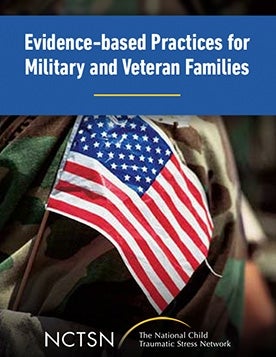
Best Practices in Military-Informed Care: Innovative Models of Care
Shares examples of how organizations can incorporate military-informed procedures and practices, beginning with asking about service member status and affiliations.
November was first declared as Military Family Month in 1996. Since then, November has been a time to acknowledge the tremendous sacrifices our military families make. They contend with separation from their families and make adjustments to new living situations and communities. Military Families embody strength, resilience, and courage. Care of military families and children sustains our fighting force, and strengthens the health, security, and safety of our nation's families and communities.
In recognition of this important topic, the NCTSN has compiled a list of resources for military children and families, educators, and civilian and non-civilian mental health providers.

Shares examples of how organizations can incorporate military-informed procedures and practices, beginning with asking about service member status and affiliations.

Describes the work of Strong Families Strong Forces, a home-based intervention for military families with young children (birth to five).
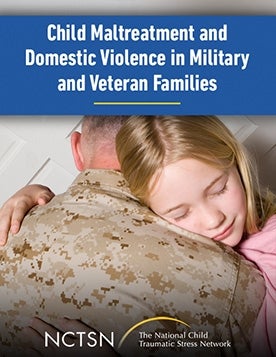
Describes the development of standardized definitions of child abuse and domestic violence across military branches.
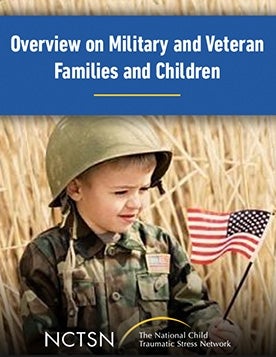
Provides information on the US military structure and culture, to increase understanding of the ways a community-based provider can begin to work with veterans and their families.
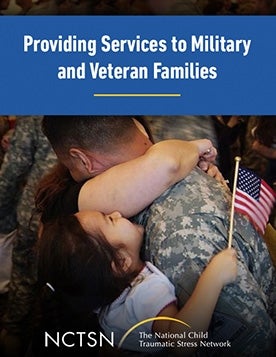
Explores several programs and projects, including innovative community-based initiatives, designed to support the behavioral health of military veterans and their families.
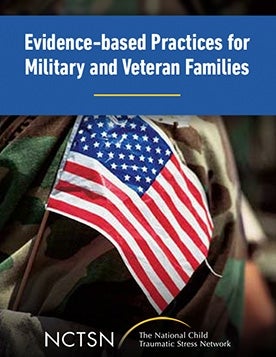
Presents information about an online parenting program adapted for the Minnesota National Guard by NCTSN at the University of Minnesota.
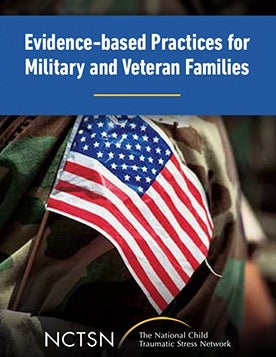
Familiarizes participants with several mental health programs and interventions designed for use with military and veteran families.
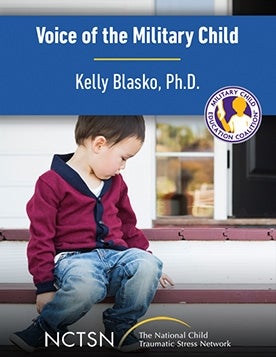
Describes the development of the Military Kids Connect website and use of technology to support military children.
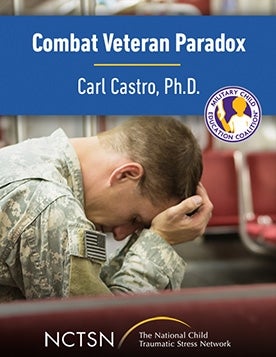
Describes the challenges associated with going to and returning from war for service members, including the many paradoxes that prevent getting help.

Provides an overview of the issues of child maltreatment and military sexual trauma in military settings.
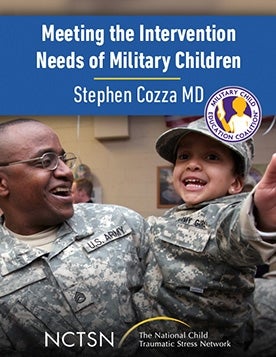
Provides a framework for interventions that serve the mental health needs of military children.
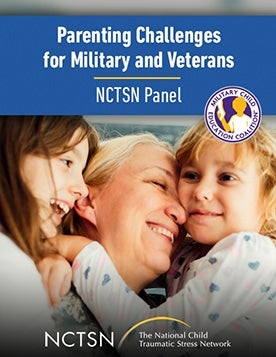
Interviews COL Rick Campise and Mary “Tib” Campise about the challenges to parenting among military members due to the stress of deployment and prolonged separation.